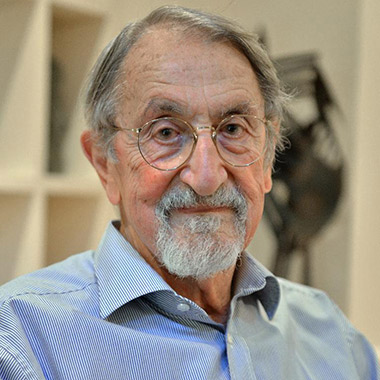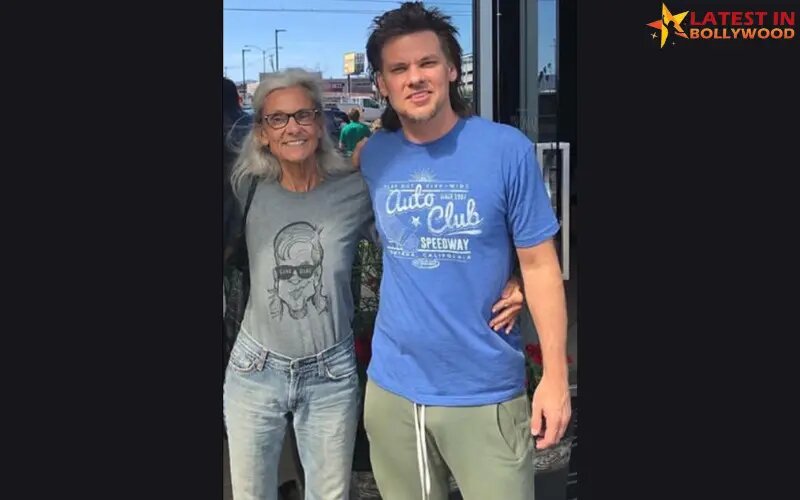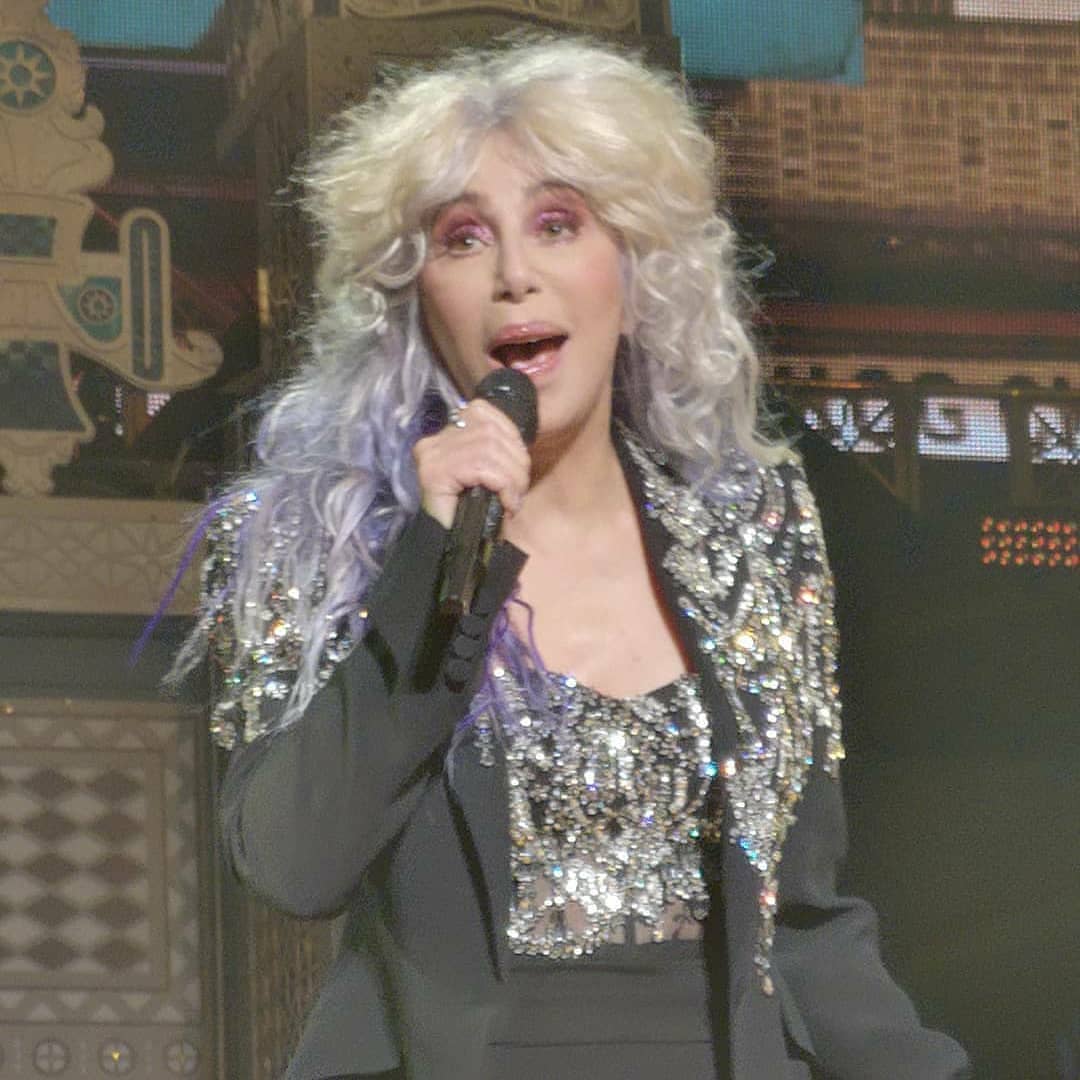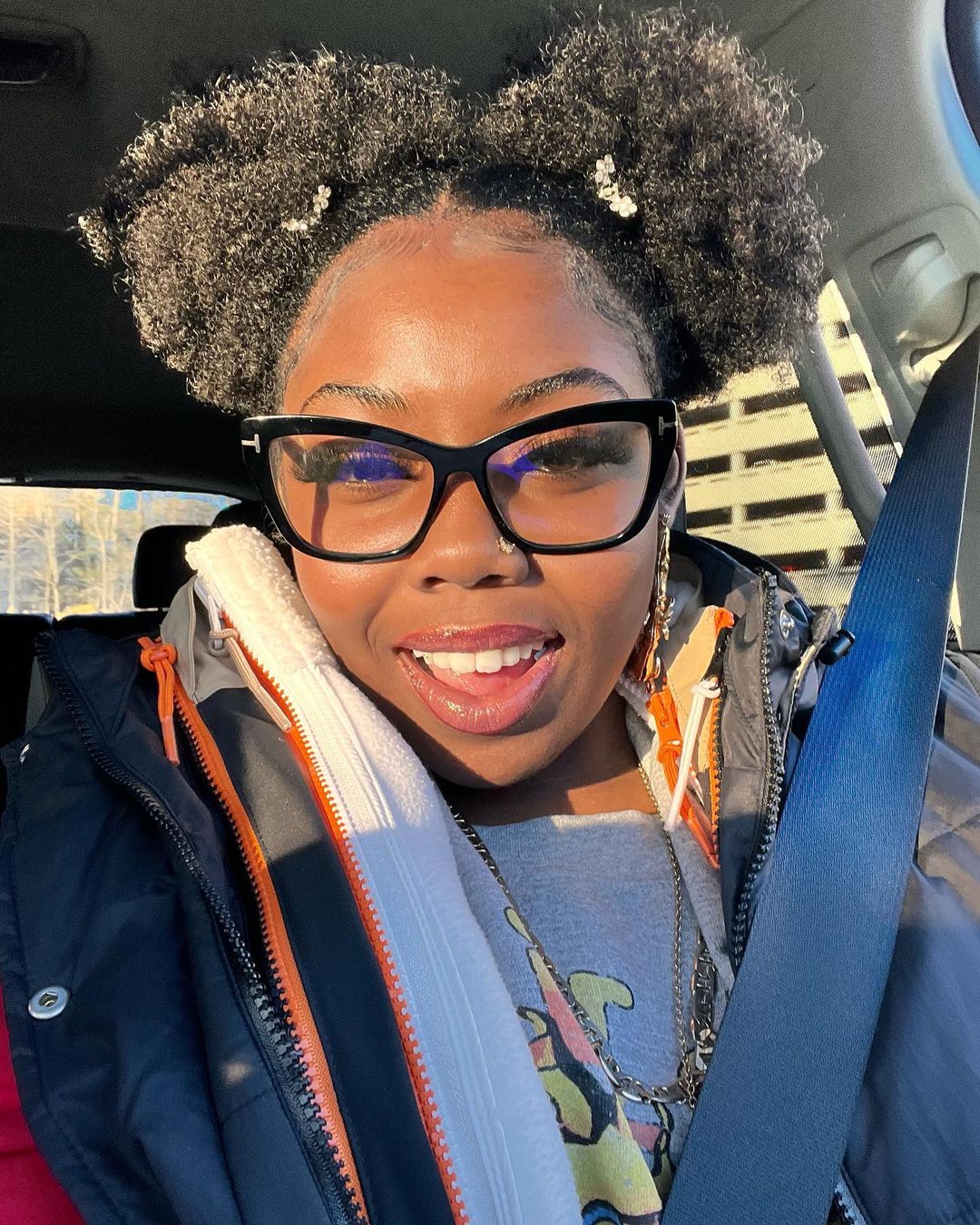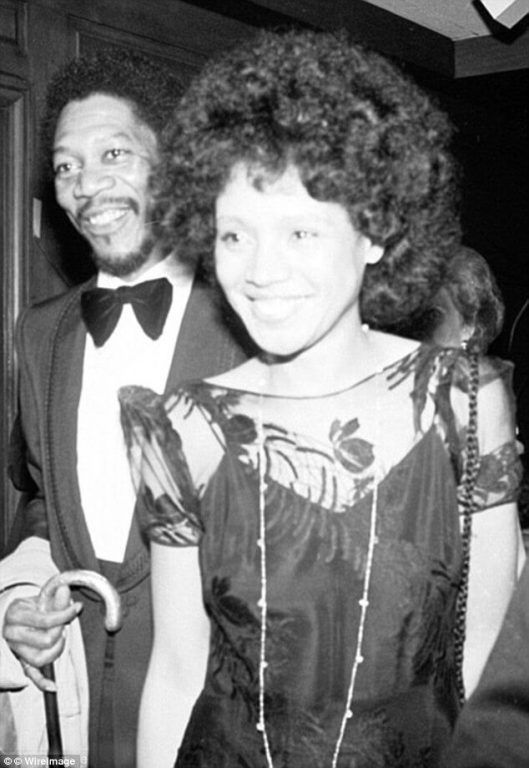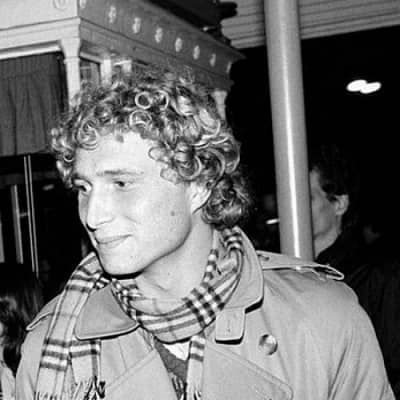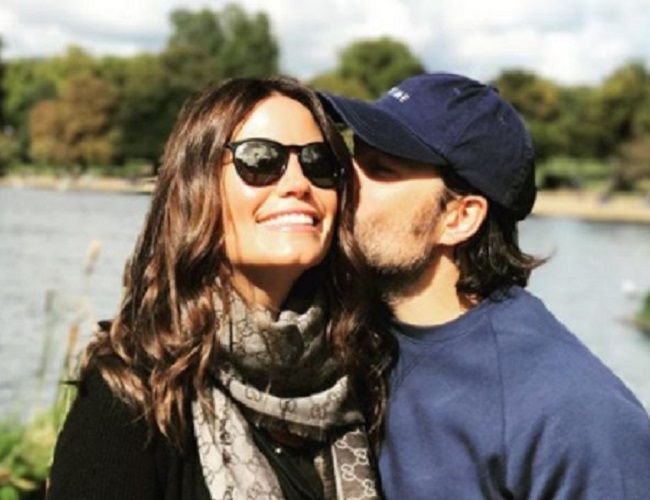Martin Karplus Biography
Martin Karplus was born on March 15, 1930, in Vienna, Austria. He is an American theoretical chemist. He is the Theodore William Richards Professor of Chemistry, emerita at Harvard University. He is also a director of a joint laboratory between the University of Strasbourg, France, and the French National Center for Scientific Research, the Biophysical chemistry Laboratory. He was awarded 2013 Nobel Prize in Chemistry for “the development of multiscale models for complex chemical systems” with Arieh Warshel and Michael Levitt. He holds both American and Austrian citizenship.
BACKGROUND
In March 1938, after the Anschluss, he and his family escaped from the Nazi-occupation in Austria. Karplus was a child then. The family spent their several months in Zurich, Switzerland and La Baule, France and later immigrated to the United States. Their family was known “an Intellectual and successful secular Jewish family” in Vienna. His grandfather name is Johann Paul Karplus. Johann was a highly praised professor of psychiatry at the University of Vienna. His nephew is Theodor W. Adorno. Theodor is the famous philosopher, sociologist, and musicologist. His grandnephew name is Robert von Lieben, the physicist. His brother name is Robert Karplus. Robert is a well-known physicist and a teacher at the University of California, Berkeley.
EDUCATION & CAREER
He studied at Harvard College and graduated in 1950 earning an AB degree. He also attended the California Institute of Technology and followed graduate studies there. Under Nobel Laureate Linus Pauling, he completed his Ph.D. in 1953. Pauling said that Karplus was his most brilliant student. He was an NSF Postdoctoral Fellow while he was working at the University of Oxford. He there worked with Charles Coulson. He has also taught at the University of Illinois and from 1960 to 1967 at the Columbia University. In 1967 he moved to Harvard. After two vacation visits in the NMR laboratory of jean-Francois Lefevre at Louis Pasteur University in Strasbourg, he established a research group in Strasbourg, France
RESEARCH THAT EARNED THE GREATEST AWARD
He has also donated to many fields in physical chemistry which include quantum chemistry, chemical dynamics and molecular dynamics replica of biological macromolecules. He has been dominant in nuclear magnetic resonance spectroscopy, especially to the understanding of nuclear spin-spin coupling and electron spin resonance spectroscopy. His recent research is worried especially with the properties of molecules of biological interest. His group currently coordinates the development of the Chemistry at Harvard Molecular Mechanics program for molecular dynamics simulations. He is also the member of International Academy of Quantum Molecular Science. He has handled over 200 graduate students and postdoctoral researchers in the University of Illinois, Columbia University, and Harvard University. In 2001 he has been given beneficiary of the Christian B. Anfinsen Award.
In 1987 he was awarded Irving Langmuir Award. In 2004 he won Linus Pauling Award. He also won Nobel Prize in Chemistry in 2013
Tags
